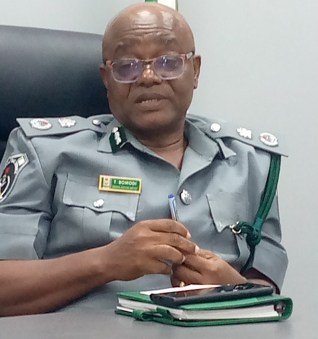Analysis
MAN Oron receives Ocular Vision Simulator
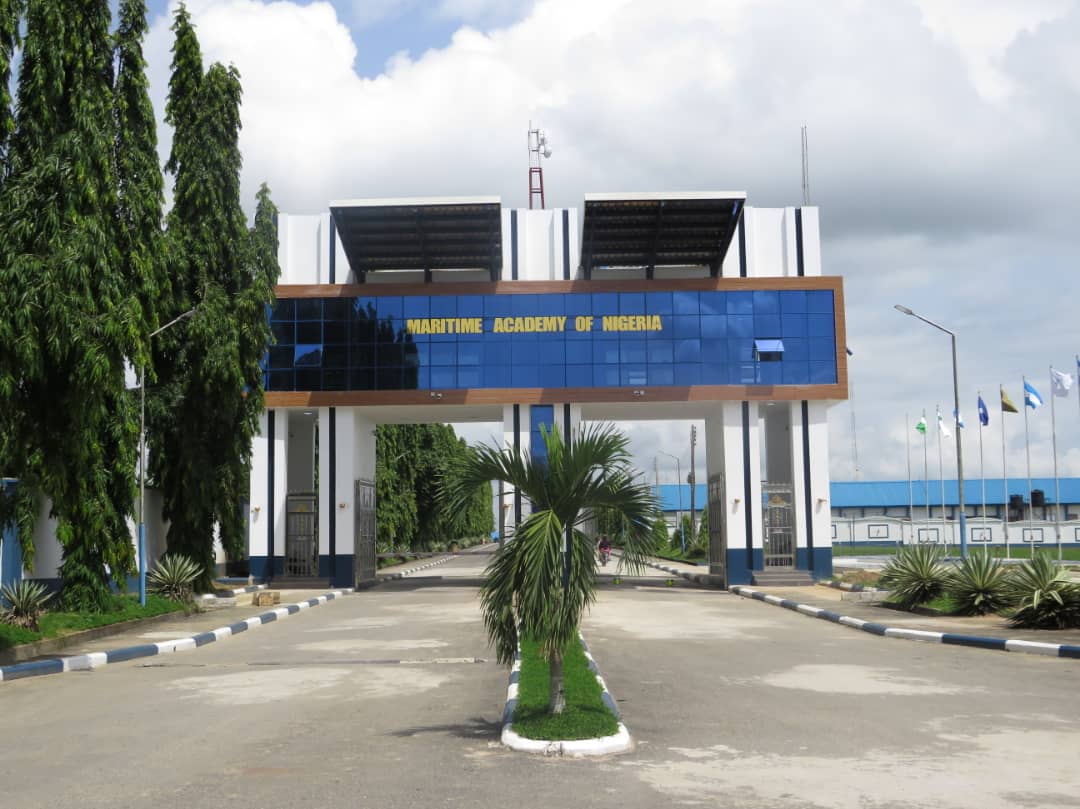
In line with the present managements determination to raise cadets seafaring practical knowledge and to further expand the scope of their outlook, the Maritime Academy of Nigeria Thursday this week, received yet again, an additional consignment of simulator.
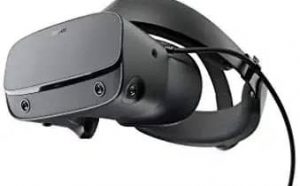
Usually dependable sources at the rectorate said the Ocular Vision Simulator will be installed shortly to provide additional perspective to students and cadets on seafaring through simulation training.
MAN Oron under its president leadership has more than a year focused on providing cadets with quality simulation assisted practical training in both seafaring and the provision of training on general and specialized maritime related courses.
According to MAN Rector, Commodore Duja Effedua (Retired), much of the second phase of his repositioning mandate which began late last year after the first phase that took care of the foundational restructuring that prepared the Academy for serious reconnect with its vision mandate, will focus on radical upgrade of the Academys curriculum in line with the International Maritime Organisation (IMO).
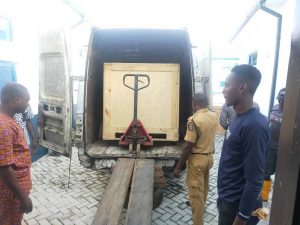
A further sequel is to raise the bar on academics and provide other wide range training for the maritime, oil and gas industry; both in Nigeria and the sub region. A retired career mariner, Effedua has since turned around the Academys ICT Centre through an extensive overhaul of the systems for maximum use.
In the absence of readily available training ship for Cadets practical session, he has leveraged on simulation classes giving it every attention it deserves. Apart from upgrading the epileptic simulators he inherited, he has acquired a number of others, giving the Academy an additional status of the Centre for Simulation Training in Nigeria and the sub region, with a collection of multifunctional simulation machines; some of which are of the latest models, globally.
Recall that the Academy received the first batch of the equipments last year aftermath of the relaxation of movement restriction occasioned by the outbreak of COVID-19 pandemic. The equipments are operated from equally multi functional simulators classrooms.
Programmed to accommodate about 30 cadets and their instructors at a time, the simulators are designed to take 20 different maritime related training programmes and further designed to bridge the training gap which has hitherto taken Nigerians to Ghana, Egypt and other African countries with functional maritime academies.
Earlier this year, Effedua had in a chat with our reporter said that the academy, in addition to procuring the training devices from its meager resources, has also invested in train-the-trainer manpower development for their operation and maintenance.
A committed and futuristic administrator, to keep the newly purchased simulators in top condition, the rector said a total of 20 academic staff members have been selected for training on their operation and maintenance.
He disclosed that while 16 staff members of the academy had already undergone and completed training in India on installation and maintenance of the simulators, a second batch made up of 14 academic staff members are also billed to go for the training, soon.
The simulators are expected to address sensitive training areas like liquid cargo handling, full mission ship handling and other areas of focus required in modern vessel operation in line with Standards of Training Certification and Watch keeping, STCW10, as approved by the International Maritime Organisation, IMO.
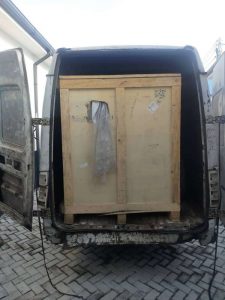
The simulation classes are expected to enhance the training capabilities of the Academy and to offer cadets and students modern practical experience in seafaring. The innovation to be gotten from the simulator assisted training is also expected to positively impact on the market value of MAN Certificates of Competencies and compliment the high level improvement that has come the way of the Academy in the past three years, in the area of infrastructure and improved general learning environment.
Following the commissioning of the Academy’s multifunctional Simulators Centre recently, Effedua explained that workers in the nation’s maritime and oil and gas sectors no longer have any business going abroad for simulators designed training, , weekend.
He said aside the state-of-the-art simulators; there are resident qualified and certified instructors to deliver any kind of training needed in the maritime, oil and gas industry.
This is even as he described the machines as possessing remarkable capacities to launch our local maritime, oil and gas sectors into new frontiers of possibilities, while saving Nigeria huge foreign reserves that would otherwise be lost to foreign training.
His words, “We have the multifunctional, Full Bridge and Engine Room Simulators. The Multi-Functional Classroom Simulator is a combination of eight additional Simulators which have their softwares installed for specific purposes.
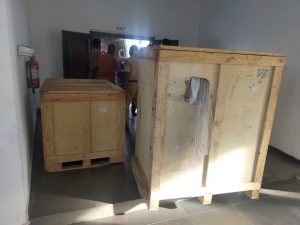
For instance, if the instructor wants to teach on Rules of the Road or Global Maritime Distress and Safety System, GMDSS etc, all he needs to do is change the settings and he is good to go. Everything you saw at the Full Bridge Simulator room can be achieved from the multifunctional classroom. This is the latest technology in the world and it is not easily accessed in the market.
He continues: The old generic simulator can only performed very limited functions. When we say multifunctional that is exactly what it is. The possibilities are endless. Before now, maritime, oil and gas workers travel abroad for training.
Trust me when l say that we have the equipment, we have the instructors, but if anyone decides to go abroad it is a matter of choice. Outside of this country this kind of training goes for $2, 000 or more but here we will give the same training, same certification using same simulators for far less.
The Federal government wants to build capacity for Nigerians. It is not about profit-making, so we are going to crash the cost of training to enable as many Nigerians as possible, take advantage of these modern simulators that we have to develop the maritime and oil and gas industries for the good of the country.
Fondly called the man with the Midas touch owing to his unmatched commitment in practically bringing the Academy out of the woods in record two years, Effedua said the Academy has attained a regional and continental authority in maritime training, noting that the Academy’s simulators represents a fundamental paradigm shift both in terms of industry training capacities and the financial soft landing for prospective trainees in Nigeria and Africa, as a whole.
He said, I tell you very authoritatively that going abroad for any kind of training with the launch of these simulators is a waste of time and resources, quote me anywhere.
Why pay for flight, accommodation and pay training fees when you can get same training, using the same kind of equipment, if not better, right here at the Maritime Academy of Nigeria.”





















